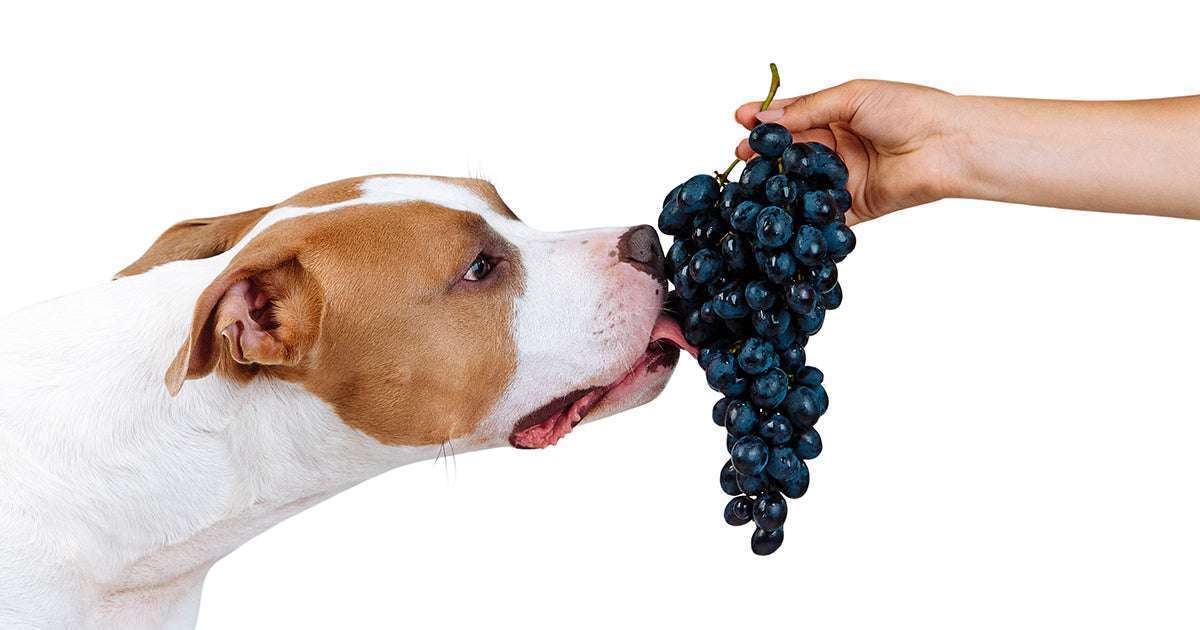Key Takeaways:
- Some fruits that dogs can safely eat include apples, bananas, blueberries, strawberries, and watermelon.
- Fruits should be given to dogs in moderation as treats and not as a substitute for their regular diet.
- Remove any seeds, pits, or cores from fruits before feeding them to your dog as they can be choking hazards or contain harmful substances.
- Avoid feeding dogs grapes, raisins, cherries, and citrus fruits as they can be toxic and cause health issues.
- Introduce new fruits gradually to ensure that your dog does not have any adverse reactions or allergies.
Are you curious about what fruits your furry friend can safely munch on? Well, you're in for a treat! Exploring the world of dog-friendly fruits not only adds variety to their diet but also provides essential nutrients for their overall health and well-being. Understanding which fruits are safe for dogs is crucial in ensuring their safety and preventing any potential health risks. So, let's jump right in and discover the juicy details of what fruits can dogs eat, making snack time a delightful and nutritious experience for your beloved canine companion.
Safe Fruits for Dogs: What Can They Eat?
Apples
Apples are a safe and healthy fruit that dogs can enjoy. They are rich in vitamins A and C, as well as fiber. When feeding apples to your dog, make sure to remove the core and seeds, as they can be a choking hazard and contain small amounts of cyanide, which is toxic to dogs.
Bananas
Bananas are another safe fruit for dogs. They are packed with potassium, vitamin B6, and vitamin C. Dogs can eat bananas in moderation as a treat or mixed into their food. However, too much banana can cause an upset stomach or constipation, so it's important to feed them in moderation.
Potentially Harmful Fruits for Dogs: What to Avoid
Grapes and Raisins
Grapes and raisins should be avoided when it comes to feeding fruits to dogs. These fruits can be highly toxic and lead to kidney failure in some dogs. Even a small amount of grapes or raisins can be dangerous, so it's best to keep them out of reach from your furry friend.
Dogs and Apples: Are They a Good Combination?
Yes! Dogs can safely enjoy apples as long as you remove the core and seeds. Apples provide essential nutrients like vitamins A and C, which support their overall health. To give your dog an apple treat, slice the apple into small pieces without the core or seeds. You can offer it directly or mix it into their food for added flavor.
Bananas for Dogs: How to Give Them as a Treat
Bananas make a great natural treat for dogs. They are packed with potassium, which helps maintain healthy heart function. To give your dog a banana treat, peel the banana and cut it into small pieces. You can offer it as is or freeze the pieces for a refreshing snack on a hot day. Just remember to feed bananas in moderation to avoid any digestive issues.
Strawberries and Dogs: Can They Enjoy this Fruit Safely?
Yes, strawberries are safe for dogs to enjoy in moderation. They are low in calories and high in vitamins C and K, as well as fiber. Strawberries can be a tasty and healthy treat for your furry friend. However, make sure to remove the green tops and cut the berries into small pieces before offering them to your dog.
Watermelon Treats for Dogs: What Precautions Should You Take?
Watermelon can be a refreshing treat for dogs during hot summer days. It is hydrating and contains vitamins A, B6, and C. When giving watermelon to your dog, make sure to remove the seeds and rind, as they can cause digestive issues or pose a choking hazard. Cut the watermelon into small, bite-sized pieces before offering it to your furry friend.
Grapes and Raisins: Are They Safe Snacks for Dogs?
No, grapes and raisins are not safe snacks for dogs. These fruits can be toxic to dogs and may lead to kidney failure. Even a small amount of grapes or raisins can be harmful, so it's best to keep them away from your furry friend at all times.
In conclusion, dogs can safely eat some fruits like apples, bananas, and blueberries. However, it is important to remove any seeds or pits and feed them in moderation as treats rather than their main diet.
What fruits are good for dogs to eat?
Give blueberries a try! This superfruit is widely used in blueberry dog treats, often combined with other healthy ingredients like yogurt. It's worth noting that cantaloupe is safe for dogs too. Cantaloupe is rich in nutrients, low in calories, and provides a good amount of hydration and fiber.
Can dogs eat pineapple?
Small portions of raw pineapple can be a healthy and tasty treat for dogs, while canned pineapple should be avoided. The sugar content in canned fruits, including pineapple, can be difficult for most dogs to digest.
Can dogs have watermelon?
Your dog can safely eat watermelon, but there are some precautions to consider, as advised by the American Kennel Club. It is important to feed your dog seedless watermelon or remove the seeds before giving it to them. The seeds can potentially cause an intestinal blockage, so it is best to choose a seedless variety.
Can dogs have cucumbers?
Dogs can safely consume cucumbers, which provide a crunchy and low-calorie treat that many dogs enjoy. Cucumbers contain approximately 8 calories per half cup of slices, while a medium dog biscuit contains around 40 calories. Additionally, cucumbers have low levels of sodium and are free of fat.
Can dogs have cheese?
Cheese can be given to dogs in moderation as an occasional treat, alongside a balanced diet. If a dog consumes a large amount of cheese, such as a whole block, they may experience vomiting. It is important to monitor their condition and consult a veterinarian if they show signs of illness.
What veggies are toxic to dogs?
Garlic, onions, shallots, and chives are vegetables that are not safe for dogs to consume, whether they are raw or cooked. These vegetables contain substances that can lead to anemia and damage red blood cells in dogs. Symptoms of illness may not appear immediately and could take a few days to become evident.

















